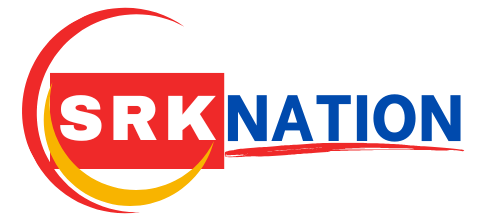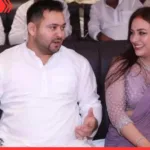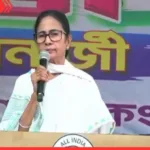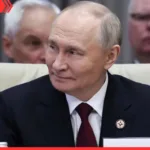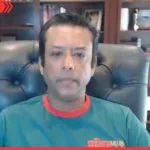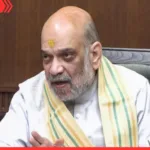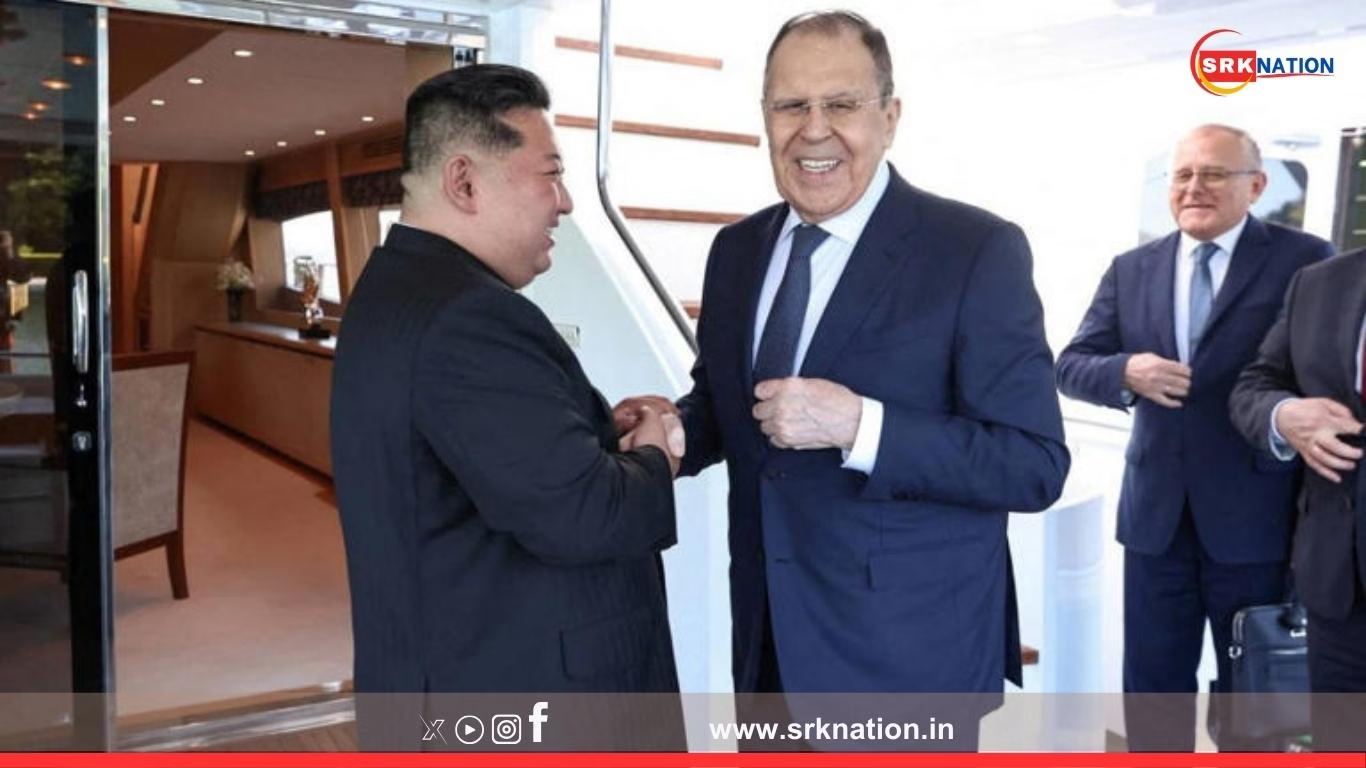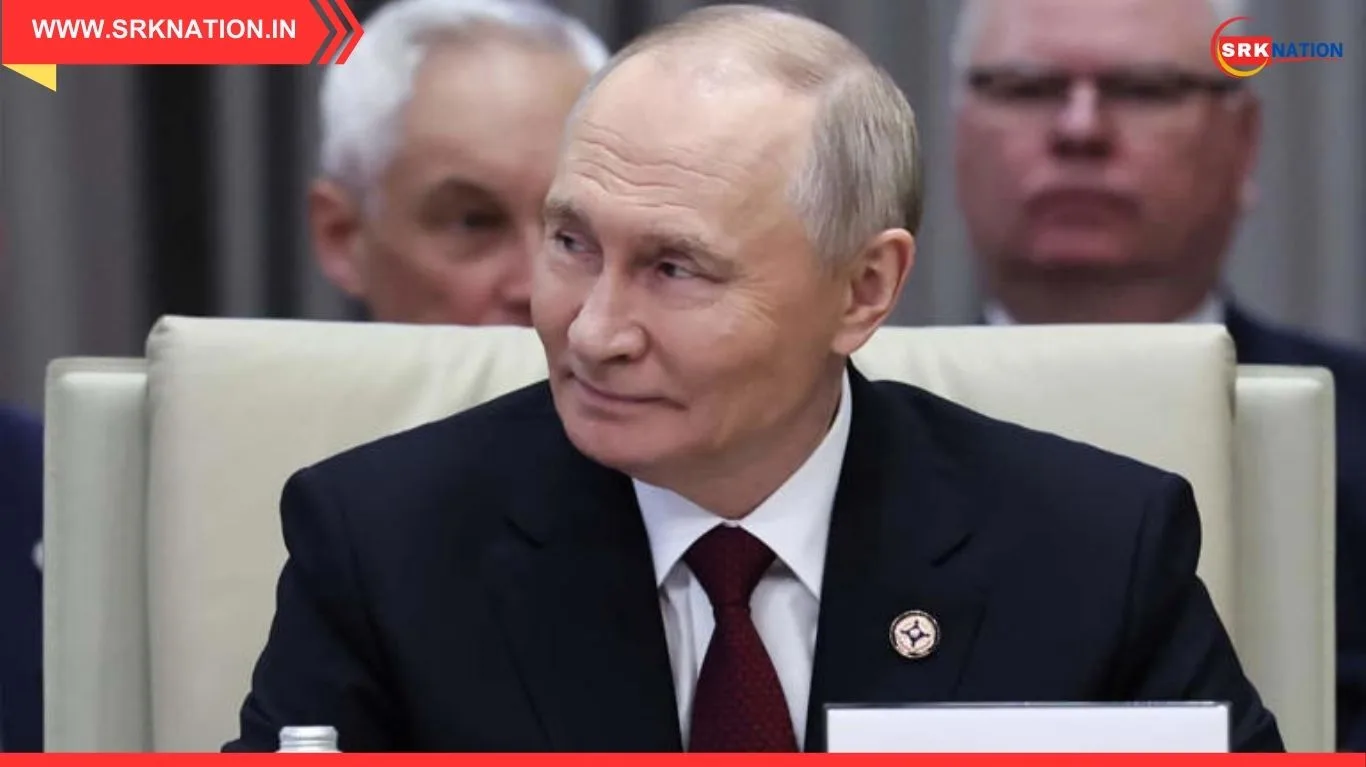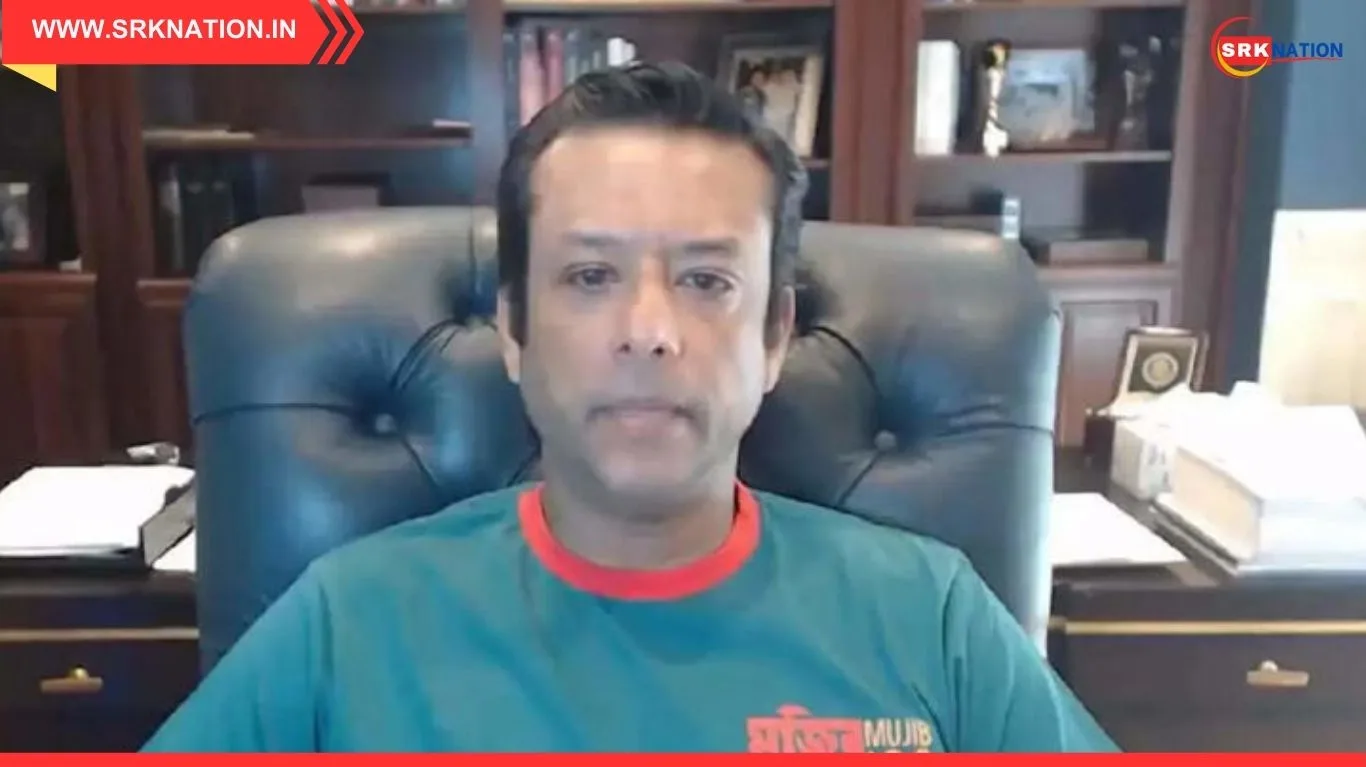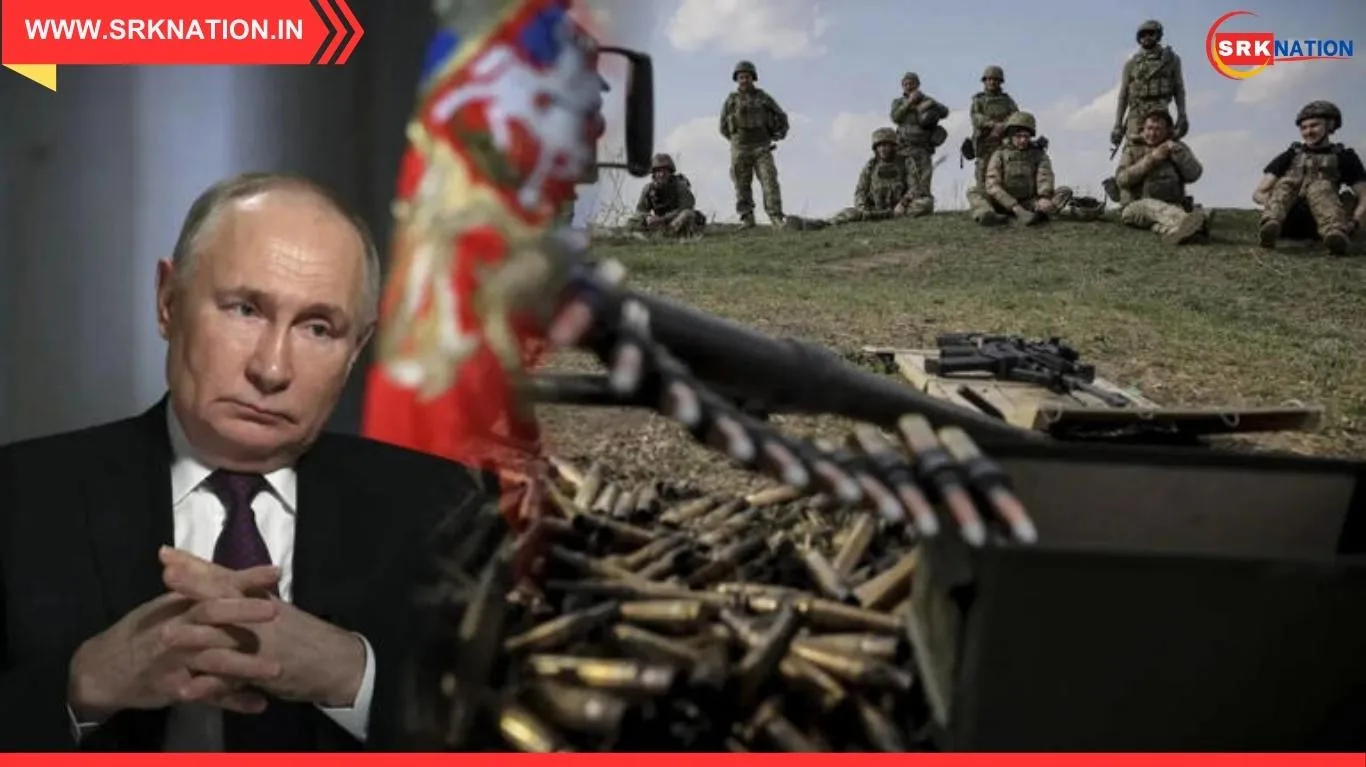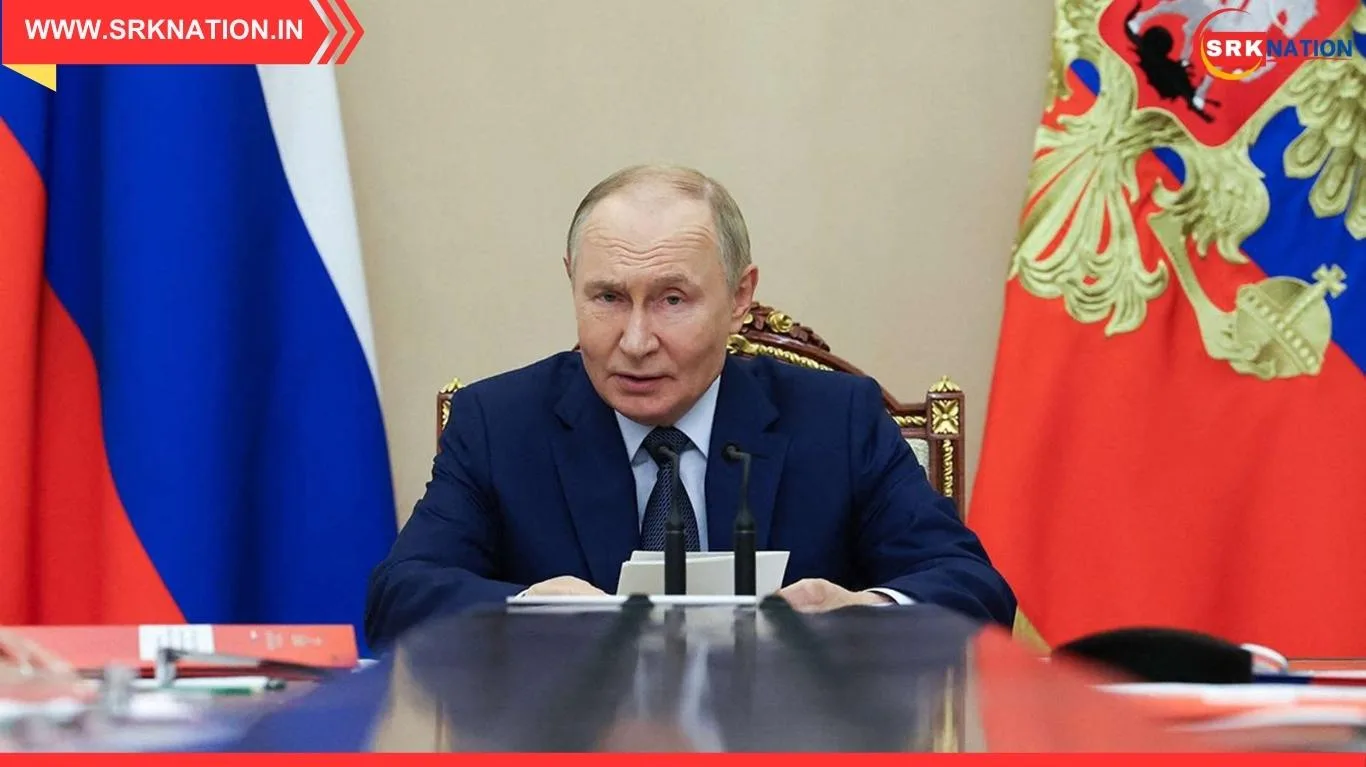In a significant diplomatic development, Russian Foreign Minister Sergey Lavrov met North Korean leader Kim Jong Un in Pyongyang, signalling the growing closeness between the two countries against the backdrop of a shifting global order. This meeting, held as part of Lavrov’s official visit to North Korea, reflects Moscow’s strategic pivot towards Pyongyang to strengthen ties on military, economic, and geopolitical fronts.
Key Highlights of the Lavrov-Kim Jong Un Meeting
The visit, which follows Russian President Vladimir Putin’s earlier overtures to North Korea, included discussions on multiple areas of cooperation. The strengthening of ties comes at a time when both nations face increasing Western sanctions and global isolation due to their respective military and nuclear policies.
| Area of Discussion | Details Shared by Russian and North Korean Officials |
|---|---|
| Diplomatic Relations | Both countries reaffirmed mutual support on sovereignty and regional security issues. |
| Military Cooperation | Talks reportedly included discussions on defence technology exchange and military training support. |
| Economic Engagement | Discussions to boost North Korean exports of minerals and labour in exchange for Russian energy, food supplies, and industrial assistance. |
| International Coordination | Emphasis on countering US and EU sanctions and collaborating within UN forums. |
| Regional Security Dynamics | Concerns over US-South Korea joint military exercises were highlighted, with both nations opposing Washington’s Indo-Pacific strategy. |
Russia-North Korea Ties: Recent Evolution
The Soviet Union was once North Korea’s most powerful ally, supplying weapons, food, and fuel support. After the USSR’s collapse, Moscow-Pyongyang ties weakened as Russia courted the West. However, since Russia’s annexation of Crimea in 2014 and its subsequent military operations in Ukraine, relations with Western powers deteriorated rapidly, leading Moscow to revive old alliances, including with North Korea.
For Kim Jong Un, Russia’s support is a crucial counterbalance to US and South Korean pressures on nuclear disarmament, especially when international sanctions have left North Korea with severe economic constraints. Russia, on the other hand, views Pyongyang as a strategic partner that can counterbalance US influence in Northeast Asia.
Statements from the Meeting
Sergey Lavrov described the meeting with Kim Jong Un as “highly productive,” stating that Russia values North Korea’s commitment to regional security and stability. North Korean state media KCNA reported that Kim Jong Un expressed gratitude for Russia’s steadfast support against international “hostility and pressure” and stated his desire to build an “unbreakable strategic partnership” with Moscow.
Lavrov emphasised that both countries are exploring new avenues of economic cooperation, including energy supply chains, transport infrastructure, and agricultural assistance. Reports suggest North Korea may export labour to Russia’s far east to support ongoing industrial and reconstruction projects while importing Russian oil and food grains to stabilise domestic shortages.
Geopolitical Implications
The meeting comes amid heightened tensions on the Korean Peninsula following North Korea’s recent missile tests and the United States’ expanded military presence in South Korea. Analysts note that Pyongyang’s strengthening ties with Moscow could embolden its strategic posture while providing Russia with diplomatic leverage in East Asia.
Further, the Lavrov visit indicates Russia’s plan to consolidate its influence in the region, alongside its growing ties with China and emerging outreach to Southeast Asia. It also suggests a potential arms or dual-use technology transfer, though both sides have denied violating any UN Security Council sanctions in their engagements.
Historical Context of Russia-North Korea Relations
| Period | Nature of Ties |
|---|---|
| Cold War (1950-1991) | Soviet Union provided extensive economic and military aid to North Korea. |
| 1991-2000 | Relations weakened due to Russia’s pro-Western policies post USSR collapse. |
| 2000-2010 | Moderate revival under Putin with limited economic projects. |
| 2014 onwards | Strong resurgence following Russia’s strained ties with the West; increased diplomatic and trade interactions with North Korea. |
Regional Reactions
- South Korea: Expressed concern over possible military technology transfer violating UN sanctions.
- Japan: Condemned any engagement that could aid North Korea’s weapons programme.
- United States: Warned Russia against undermining regional security frameworks through closer ties with Pyongyang.
Future Prospects
Diplomatic observers suggest this visit is part of a broader strategy by Russia to build a multi-polar world order, wherein alliances with North Korea, China, Iran, and other sanctioned or isolated states provide it with alternate pathways for trade, defence cooperation, and strategic influence.
It remains to be seen whether these engagements will translate into formal military alliances or remain limited to economic and diplomatic support. However, the consistency of high-level meetings between the two countries indicates a deliberate and long-term approach to strengthening ties.
Conclusion
The Lavrov-Kim Jong Un meeting underscores the strategic realignments underway in Asia amid the Ukraine war, Western sanctions, and intensifying US-China competition. For North Korea, Russia’s embrace enhances its diplomatic standing. For Russia, North Korea offers a valuable partner in challenging US-led policies in East Asia.
As both countries navigate economic sanctions and global diplomatic pushback, their alliance is poised to become a critical pillar in the emerging Eurasian strategic framework. Regional players and global powers will closely watch the outcomes of this deepening relationship and its implications for peace, stability, and security in Northeast Asia and beyond.
Disclaimer: This article is based on publicly available information and official statements. The publication does not endorse or independently verify any geopolitical claims or assessments presented by state actors involved. Readers are advised to follow official diplomatic releases for further updates.
